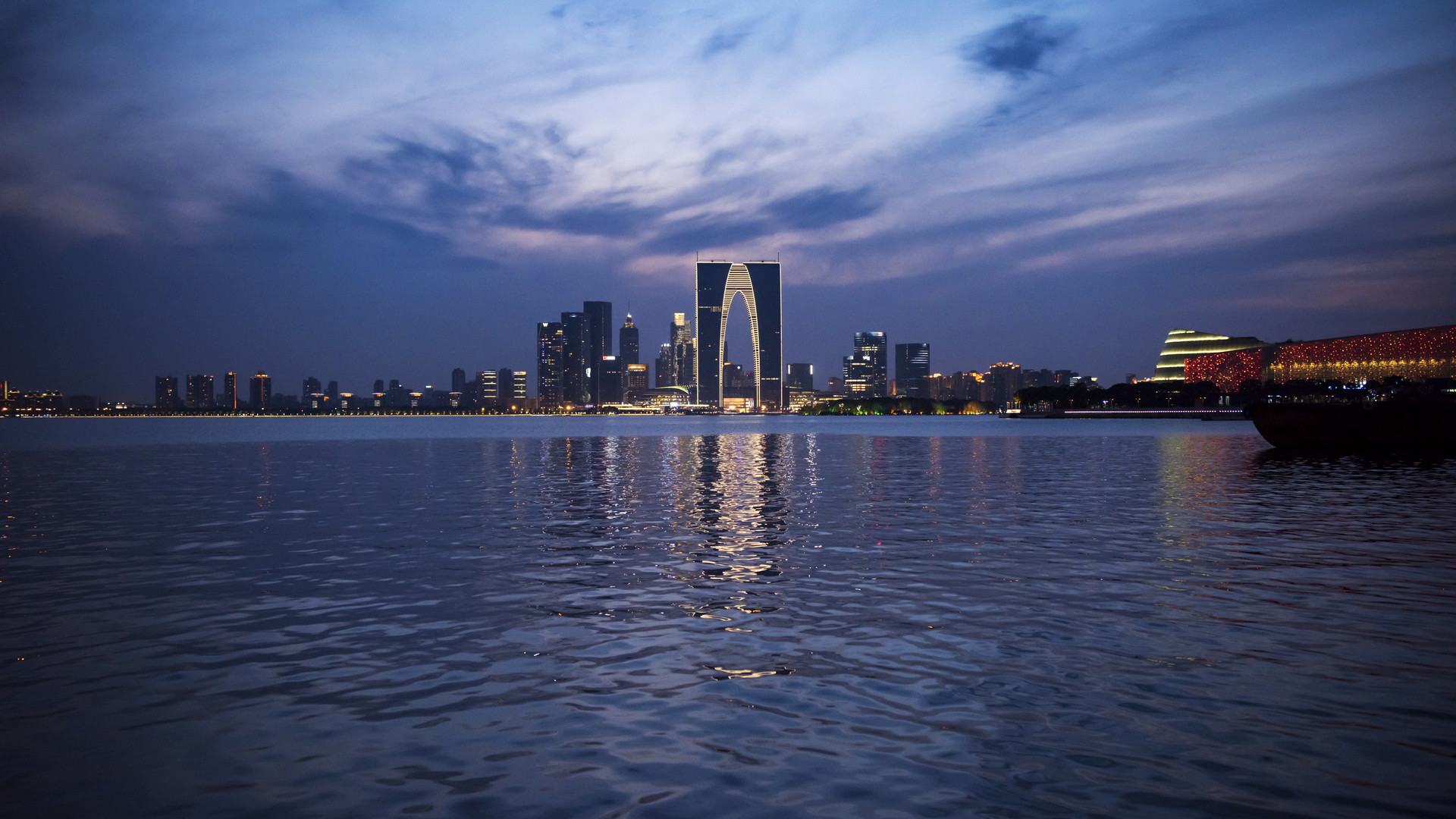Suzhou: From Ancient Verse to Modern Voices
Under a stone bridge, a storyteller plucks a three-stringed lute. The lilting Suzhou dialect flows like silk over water, carrying tales of love and laughter. From the distant strains of Kunqu opera drifting out of a classical garden to a soft recitation of The Peony Pavilion, Suzhou has long been where words and melody meet. This city—home of poets, scholars, and dreamers—preserves its cultural memory not through monuments, but through its living, musical language.
📜 A Thousand Years of Letters
Suzhou’s literary roots run deep. During the Northern Song dynasty, Fan Zhongyan founded the city’s prefectural academy, marking the rise of its scholarly spirit. Ming master Wen Zhengming painted the elegance of Suzhou gardens, while the “Wu School of Painting” influenced aesthetics across China.
Generations of scholars and writers followed—from historian Gu Jiegang to educator Ye Shengtao and novelist Qian Zhongshu. Their footprints remain: Canglang Pavilion was Su Shunqin’s retreat, and Wen Zhengming’s inscriptions still adorn the Humble Administrator’s Garden. Along Pingjiang Road, bookshops and teahouses keep alive the tradition of friendship built on words.
🎶 Pingtan: Suzhou Stories in Three Strings
Pingtan is storytelling at its most human—half song, half tale, all heart. Two performers, a pipa and a three-stringed lute, and the flowing Suzhou dialect bring centuries of folk legends to life.
Classic stories like The White Snake and Pearl Pagoda unfold in cozy teahouses, where regulars know every punchline and pause.
Where to experience:
- Guangyu Storytelling Hall – A century-old venue with traditional repertoire.
- Suzhou Pingtan Museum – See instruments, history, and live demos.
- Garden performances – Summer nights in Wangshi or Lingering Garden echo with sung stories.
🎭 Kunqu Opera: Poetry in Motion
Born in Suzhou, Kunqu is often called “the ancestor of Chinese opera.” Its melodies flow like ink on paper—graceful, restrained, deeply poetic.
Love stories dominate—The Peony Pavilion, The Palace of Eternal Youth, The Peach Blossom Fan. In intimate garden stagings, audiences wander among pavilions as scenes unfold, blurring boundaries between art and life.
Where to watch:
- Suzhou Kunqu Opera Training Center – Top performers and full productions.
- Garden stagings – Night shows in Wangshi, Lingering, or the Humble Administrator’s Garden.
- China Kunqu Opera Museum – Costumes, scripts, and history of this UNESCO-listed art.
📚 From Academies to Book Cafés
Fan Zhongyan’s academy began Suzhou’s educational tradition. By the Ming and Qing eras, private schools like Ziyang and Zhengyi were nurturing generations of thinkers.
Today, that scholarly DNA lives on in Suzhou’s modern reading culture. Independent bookshops on Pingjiang and Shantang focus on humanities and local literature. Teahouses with shelves invite quiet reading, while renovated residences combine books, exhibitions, and conversation—a modern literati scene with old-world charm.
🗣 The Sound of Suzhou
Soft, melodic, and rich in tone, the Suzhou dialect—part of the Wu language family—has been called “the gentlest sound in China.” Words like haode le (very good), fiao (don’t), and zai (a sentence particle) delight linguists and locals alike.
You’ll hear the dialect in pingtan lyrics, Kunqu songs, nursery rhymes, and proverbs—each carrying centuries of oral culture. In teahouses and markets, overhearing elders chat in their lilting Wu tones feels like eavesdropping on history.
Try this:
- Listen closely during pingtan or Kunqu shows.
- Chat with locals—learn a simple greeting or phrase.
- Collect Suzhou sayings; each has a story.
✒️ Modern Verse, Living Spirit
Suzhou’s poetic voice continues today. Independent bookstores and cafés host readings and literary salons; modern poets like Che Qianzi and Ye Hui weave classical imagery with urban emotion.
Here, poetry is not confined to books—it lives in the rhythm of canals, the whisper of dialect, and the calm elegance of daily life. Suzhou remains, as always, a city that speaks in verse.

Leave a Reply